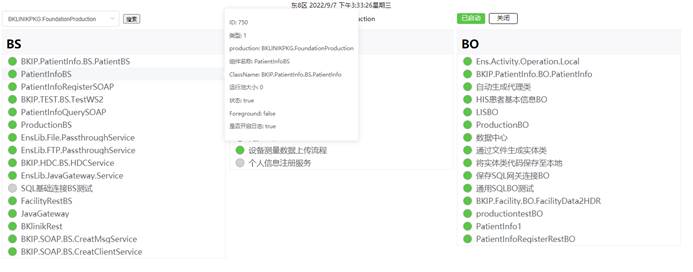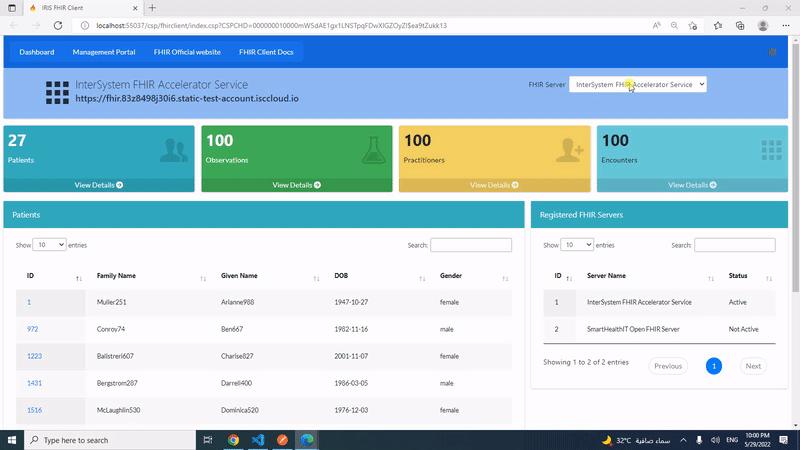Hi Developers!
Sometimes we need to import CSV data programmatically to InterSystems IRIS either from CSV or from URL. And we expect the class with proper datatypes to be created and the data to be imported.
I published a module csvgen on Open Exchange which does exactly that.
If you just need the CSV file be imported into IRIS you can do the following:
USER>do ##class(community.csvgen).Generate("/usr/data/titanic.csv",,"Data.Titanic")
Class name: Data.Titanic
Header: PassengerId INTEGER,Survived INTEGER,Pclass INTEGER,Name VARCHAR(250),Sex VARCHAR(250),Age INTEGER,SibSp INTEGER,Parch INTEGER,Ticket VARCHAR(250),Fare MONEY,Cabin VARCHAR(250),Embarked VARCHAR(250)
Records imported: 891
USER>
Or if you have the CSV on the internet, e.g. COVID-19 Data on Github you can get the data in the following way:
USER>d ##class(community.csvgen).GenerateFromURL("https://raw.githubusercontent.com/CSSEGISandData/COVID-19/master/csse_covid_19_data/csse_covid_19_daily_reports/05-29-2020.csv",",","Data.Covid19")
Class name: Data.Covid19
Header: FIPS INTEGER,Admin2 VARCHAR(250),Province_State VARCHAR(250),Country_Region VARCHAR(250),Last_Update DATE,Lat MONEY,Long_ DOUBLE,Confirmed INTEGER,Deaths INTEGER,Recovered INTEGER,Active INTEGER,Combined_Key VARCHAR(250),Incidence_Rate DOUBLE,Case-Fatality_Ratio DOUBLE
Records imported: 3522
USER>



